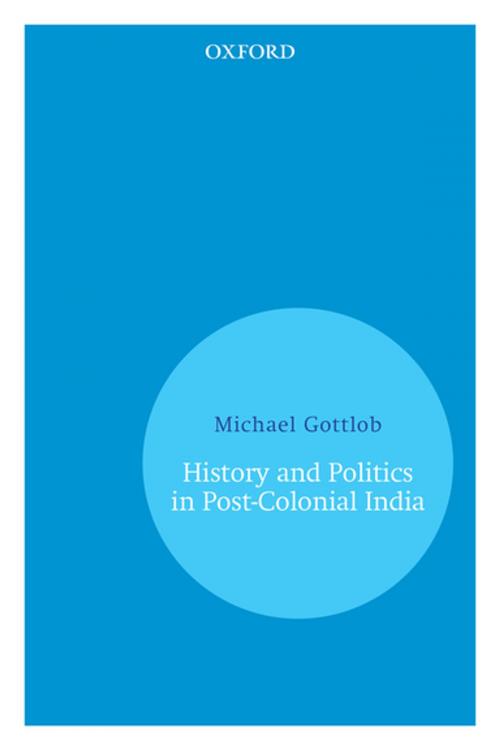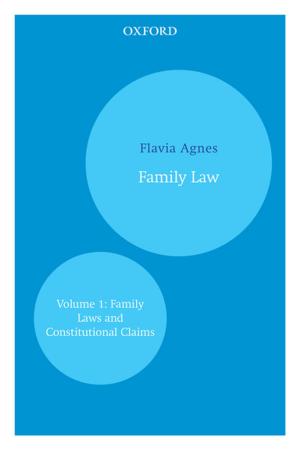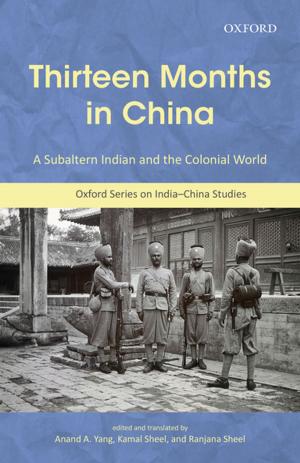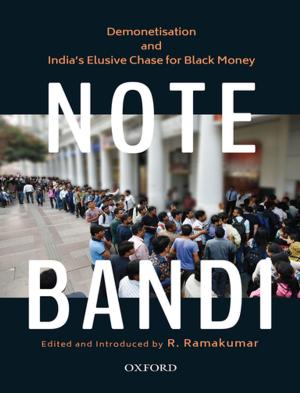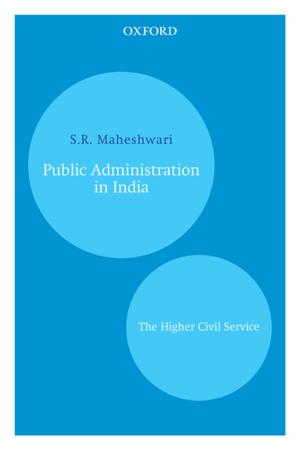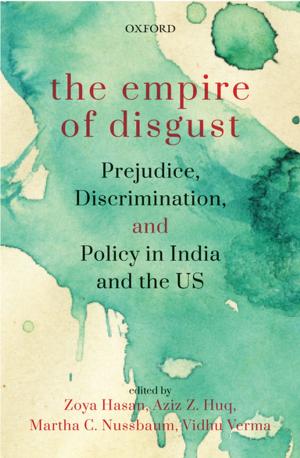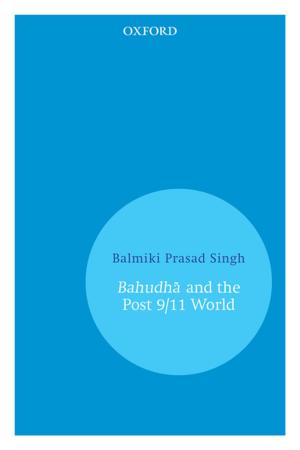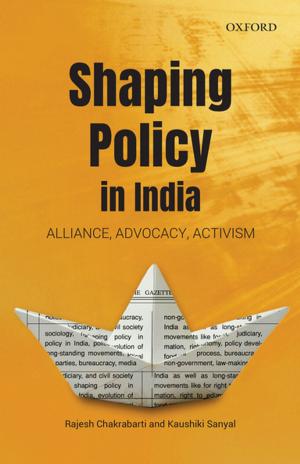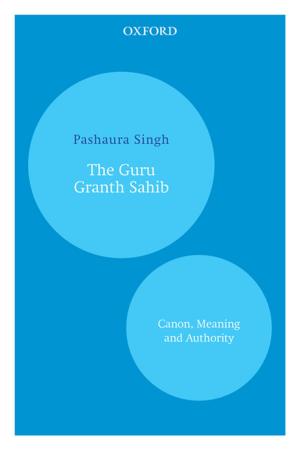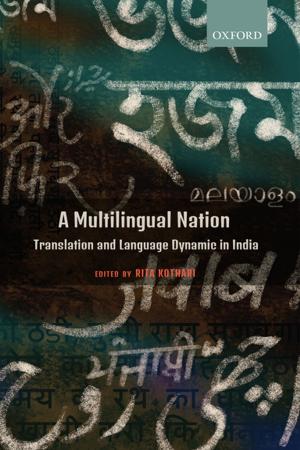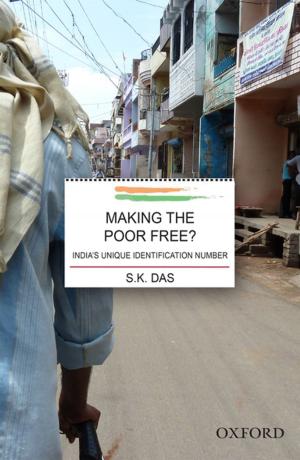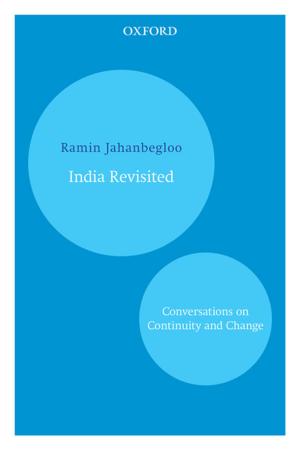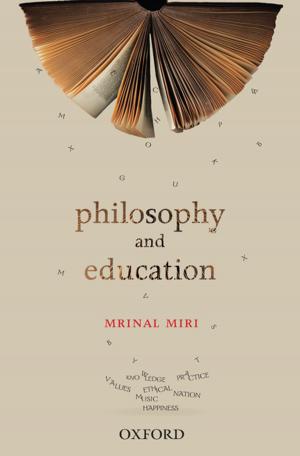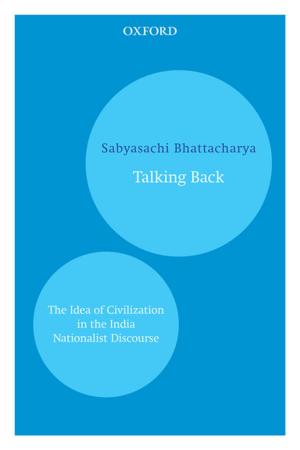History and Politics In Post-Colonial India
Nonfiction, Reference & Language, Law, Social & Cultural Studies, Political Science, History| Author: | Michael Gottlob | ISBN: | 9780199088492 |
| Publisher: | OUP India | Publication: | May 30, 2011 |
| Imprint: | OUP India | Language: | English |
| Author: | Michael Gottlob |
| ISBN: | 9780199088492 |
| Publisher: | OUP India |
| Publication: | May 30, 2011 |
| Imprint: | OUP India |
| Language: | English |
The writing of history in India has been fraught with controversies. From the storm over textbooks in the 1970s, and the furore over the Babri Masjid in the 1990s, to the flaring up of religious sentiments over 'beef-eating' and the Ram Sethu, this book provides a synoptic view of teaching and writing of history in post-colonial India. Michael Gottlob explores historical research and teaching as important components contributing to the development of a national identity and ideas of citizenship in post-colonial India. He shows how the urge to decolonize and recover the self has given rise to several approaches that attempt to 'reclaim' Indian history from its colonial past. The book discusses diverse areas like methodological research and public use of history; cultural identity and diversity; nationalism and communalism; and social movements and deconstructs their far-reaching implications in contemporary India. It also examines the role of women, Dalits, and Adivasis to understand their position in the multicultural reality of India.
The writing of history in India has been fraught with controversies. From the storm over textbooks in the 1970s, and the furore over the Babri Masjid in the 1990s, to the flaring up of religious sentiments over 'beef-eating' and the Ram Sethu, this book provides a synoptic view of teaching and writing of history in post-colonial India. Michael Gottlob explores historical research and teaching as important components contributing to the development of a national identity and ideas of citizenship in post-colonial India. He shows how the urge to decolonize and recover the self has given rise to several approaches that attempt to 'reclaim' Indian history from its colonial past. The book discusses diverse areas like methodological research and public use of history; cultural identity and diversity; nationalism and communalism; and social movements and deconstructs their far-reaching implications in contemporary India. It also examines the role of women, Dalits, and Adivasis to understand their position in the multicultural reality of India.
